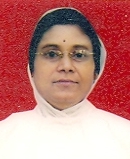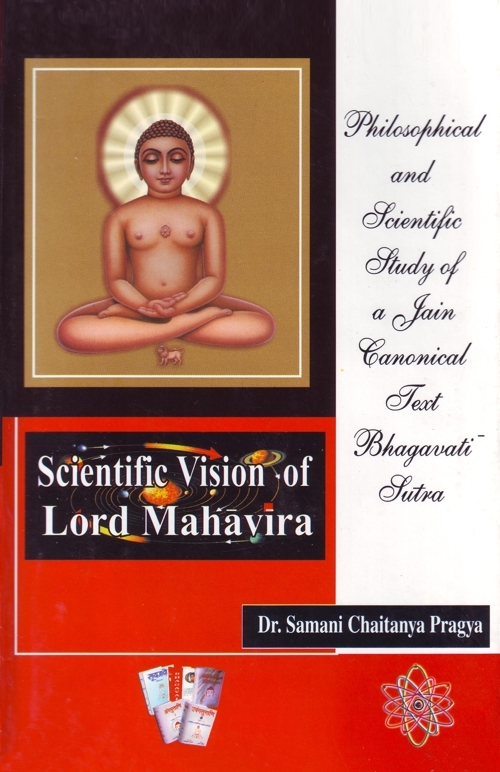It appears from the Bh.S[89] that there are two traditions about time regarding its separate and in separate existence. According to one view, time is considered to be the mode of all substances,—sentients (jīva) and insentients (ajīva). In this sense, time is not separate reality. The other view conceives time as an independent substance, just as the other living and non-living substances are independent. In this sense time causes change in the object though favours the former view. It remains the medium of change.
Shvetambara tradition yet mentions both the views as found in the Bhagavatī, Uttarādhyayana, Jīvābhigama and Prajñāpanā. Latter Acharyas Umāsvāti, Siddhasena Divākara, Jinabhadragaṇi, Haribhadrasūri, Acharya Hemachandra, Upādhyāya Yaśovijaya, Vinayavijaya, and other Shvetambara scholars have also mentioned both the notions. But Digambara Acharyas like Kundakunda, Pujyapāda, Akalaṅkadeva and Vidyānanda have discussed time, only as an independent substance.
The Shvetambara view holds that the measurable duration, such as, instance, intra-hour, day and night, month and year are the modes of time from the conventional point of view. From the transcendental point of view they are the modes of sentient and insentient entities. The sentient and insentient entities constitute the world undergoing through various modifications.[90] These modifications are considered as time. So time by itself is not an independent reality.
According to the Digamber view, time is an independent element like the medium of motion and the medium of rest. Time is an existent and change is possible only through time.[91] It appears that the tradition of accepting time as a separate entity is not much old. Moreover, the given about time as a separate entity is not different from the time defined in Shvetambar tradition.
 Dr. Samani Chaitanya Pragya
Dr. Samani Chaitanya Pragya

